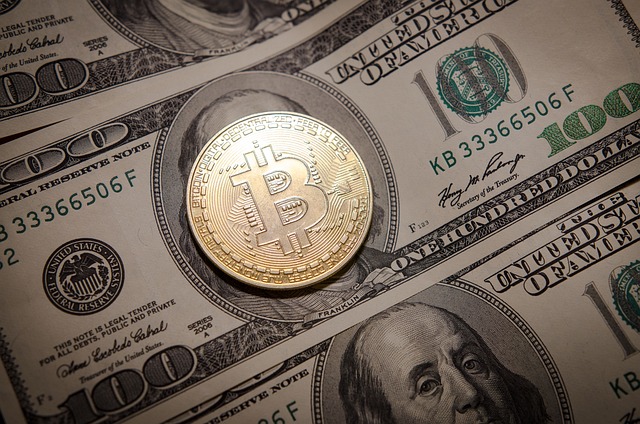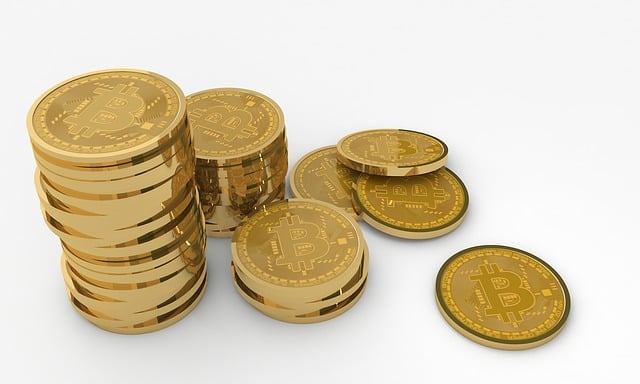Understanding Gas Fees in Crypto: A Comprehensive Guide

Introduction
Gas fees are a crucial aspect of cryptocurrency transactions, serving as a fundamental component of blockchain networks. In this comprehensive guide, we will dive into what gas fees are, how they work, and their significance in the crypto space. Whether you are a novice or an experienced trader, understanding gas fees is key to optimizing your crypto journey.
What are Gas Fees?
Gas fees, also known as transaction fees, represent the cost of performing a transaction or executing a smart contract on a blockchain network. These fees serve multiple purposes:
How Do Gas Fees Work?
Gas fees are primarily based on the complexity and size of the transaction or smart contract. Each operation or computational step within a transaction consumes a specific amount of gas. The more complex or demanding the operation, the higher the gas fee will be.
Additionally, the demand and supply on the network can impact gas fees. During periods of high network congestion, such as sudden surges in trading activity or major token launches, gas fees tend to increase due to increased competition for miners' attention and resources.

Calculating Gas Fees
Gas fees are typically measured in "Gwei," a denomination of the cryptocurrency Ethereum. One Gwei is equivalent to one billionth of an Ethereum token. To calculate the gas fee for a transaction, multiply the gas price in Gwei by the amount of gas consumed by the transaction.
Gas Fee = Gas Price (in Gwei) x Gas Consumed
Reducing Gas Fees
As gas fees can vary significantly, reducing them can be beneficial for frequent traders or users conducting numerous transactions. Here are a few strategies to minimize gas fees:
Conclusion
Gas fees form an integral part of the crypto ecosystem, maintaining network integrity, incentivizing miners, and prioritizing transactions. By understanding gas fees, traders and users can make informed decisions and optimize their interactions with blockchain networks. To delve deeper into the world of cryptocurrencies and explore other essential aspects, visit How to Withdraw Cash from Crypto.com.